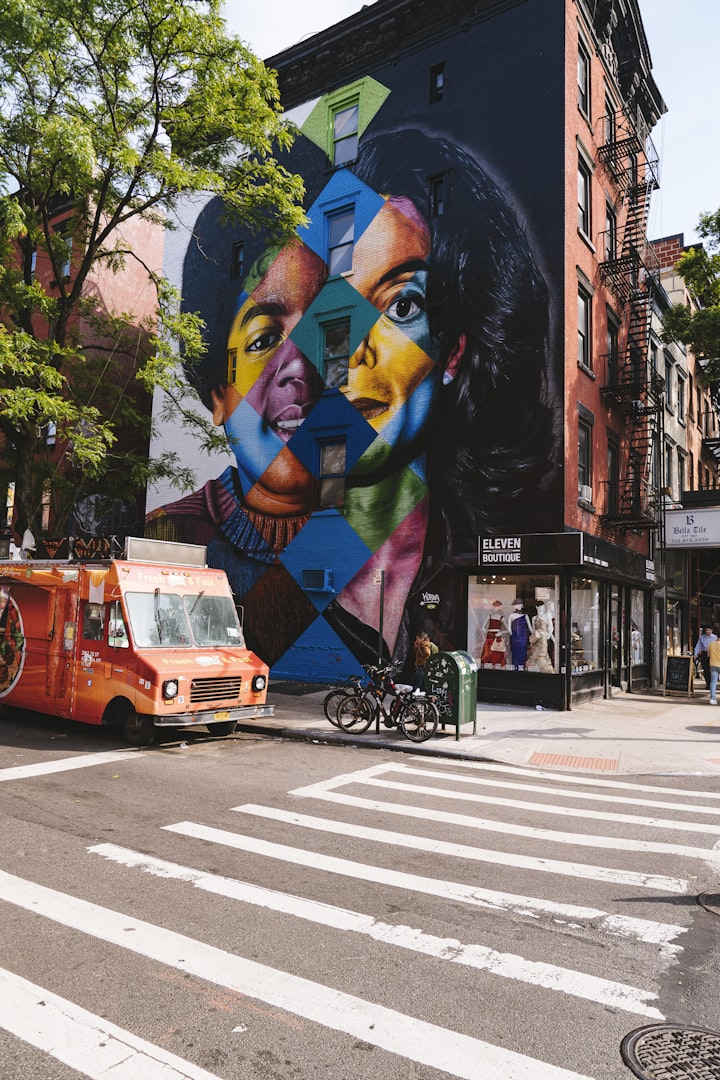The Beat Goes On
How Michael Jackson’s Moonwalk and The Avengers Saved My Algebra Class

At a Glance:
At a Glance:
Understanding how the brain processes information via pop culture cues
Utilizing pop culture as a familiar touchstone in a foreign learning environment
How to effectively incorporate pop culture into the classroom
Pop culture as a tool for critical thinking and socio-cultural discussions
Understanding how the brain processes information via pop culture cues
Utilizing pop culture as a familiar touchstone in a foreign learning environment
How to effectively incorporate pop culture into the classroom
Pop culture as a tool for critical thinking and socio-cultural discussions
A Dazzling Confluence of Reality TV, Memes, and Ancient History
When I first suggested using Michael Jackson’s “Thriller” as study material in a sophomore literature class, I received looks ranging from mild amusement to utter bewilderment. But let's not get ahead of ourselves. We'll get back to the King of Pop and his role in rescuing my befuddled students later.
The Dawn of the Pop Era (Yes, It's a Thing)
Pop culture, that seemingly frivolous aggregation of Instagram hashtags, Marvel movies, and TikTok dances, is often relegated to the status of mental bubble gum. However, this sparkling kaleidoscope of modern human expression can serve a far more significant role in our classrooms than mere entertainment.
Why Should Hermione and The Rock Coexist with Hemingway and Euclid?
As educators, our primary goal is to prime brains for lifelong learning. Studies reveal that our brains make stronger connections when new information links to something we're already familiar with. It’s akin to a brainy game of 'Connect the Dots' where an image forms when we hook the lines, our knowledge, around the dots, our previous understanding. The image, in turn, is our wisdom. Pop culture, powerful, pervasive and profoundly familiar, is sitting on a gold mine of dots.
Who Let the Griffins Out? (No Puns Intended)
Remember when we had to tackle Greek mythology in schools, wrestling with Minotaurs and Hephaestus, and getting heartburn from extra strong mints and pomegranate seeds? What if we had started with the Griffins of Family Guy fame instead?
Marvel's Thor can spark curiosity about Norse mythology, while The Hunger Games can slide in a crash course on Roman civilization. SpongeBob SquarePants? Let it kickstart marine ecology. Every Comic-Con, every Justin Bieber song, every Netflix binge gives us an entry point to drive home those hard-to-swallow morsels of academia.
Pop Culture: The Ultimate Trojan Horse
Pop culture is not just a shiny bauble, but a Trojan Horse that can penetrate the fortress of academic ennui. How on earth are trigonometry and Infinity Stones related, you ask? Let Tony Stark explain with a 3D hologram and voila, mathematics just became the universe-saving narrative we didn't see coming!
Train of Thought: Departing from Riverdale, Arriving at Social Issues Central
Aside from being the hook, pop culture can be the bait and the line. Watching Riverdale understand the drug crisis, crash-tackling toxic masculinity in BoJack Horseman, and discussing the complex socio-political underbelly of Black Panther can stretch minds, encourage critical thinking, and steer conversations towards social, cultural, and racial implications.
Thriller: The Finale
Now, back to my literature class. We analyzed the structure, storytelling, and nuances of "Thriller," even decoding zombie metaphors. Laughter, debates, thoughtful silence - the classroom became a dynamic world, far from the rigid routine. Instead of a sleepy trudge, our lesson was a moonwalk. Our classrooms need not exclude pop culture, but cherish it, use it, and when necessary, question it.
To conclude: pop culture, ever evolving and innately engaging, can be the pedagogical powerhouse we need in these rapidly changing learning landscapes. It's about time we tune into this beacon of captivation and bridge the yawning chasm between education and engagement. By integrating pop culture into our approach, we're not just playing students’ tunes; we're orchestrating a symphony of learning that's contemporary, relevant, and above all, resonant.
About the Creator
Aymeric Delaplace
💬 Hello, I'm Aymeric 📱. 👋 I write about apps, software and businesses for kids for publications like TechCrunch 🌟. 🤔Have a question? DM me on Twitter or e-mail my email address. 👈❤️






Comments
There are no comments for this story
Be the first to respond and start the conversation.